A B2B contact list is a comprehensive compilation of contact information, such as email addresses, phone numbers, and other relevant details, relating to individuals and organizations within a particular target market.
You can have generic lists containing all the information (called "contact list") or more specific lists containing only certain information (mailing lists, phone lists, etc.).
The contact information within a list is often segmented based on various criteria, including industry type, job roles, location, company size, and more.
If you'd like to find out more about contact data, read our complete article on B2B contact data.
Where to buy B2B Contact Lists?
Using Infobel PRO
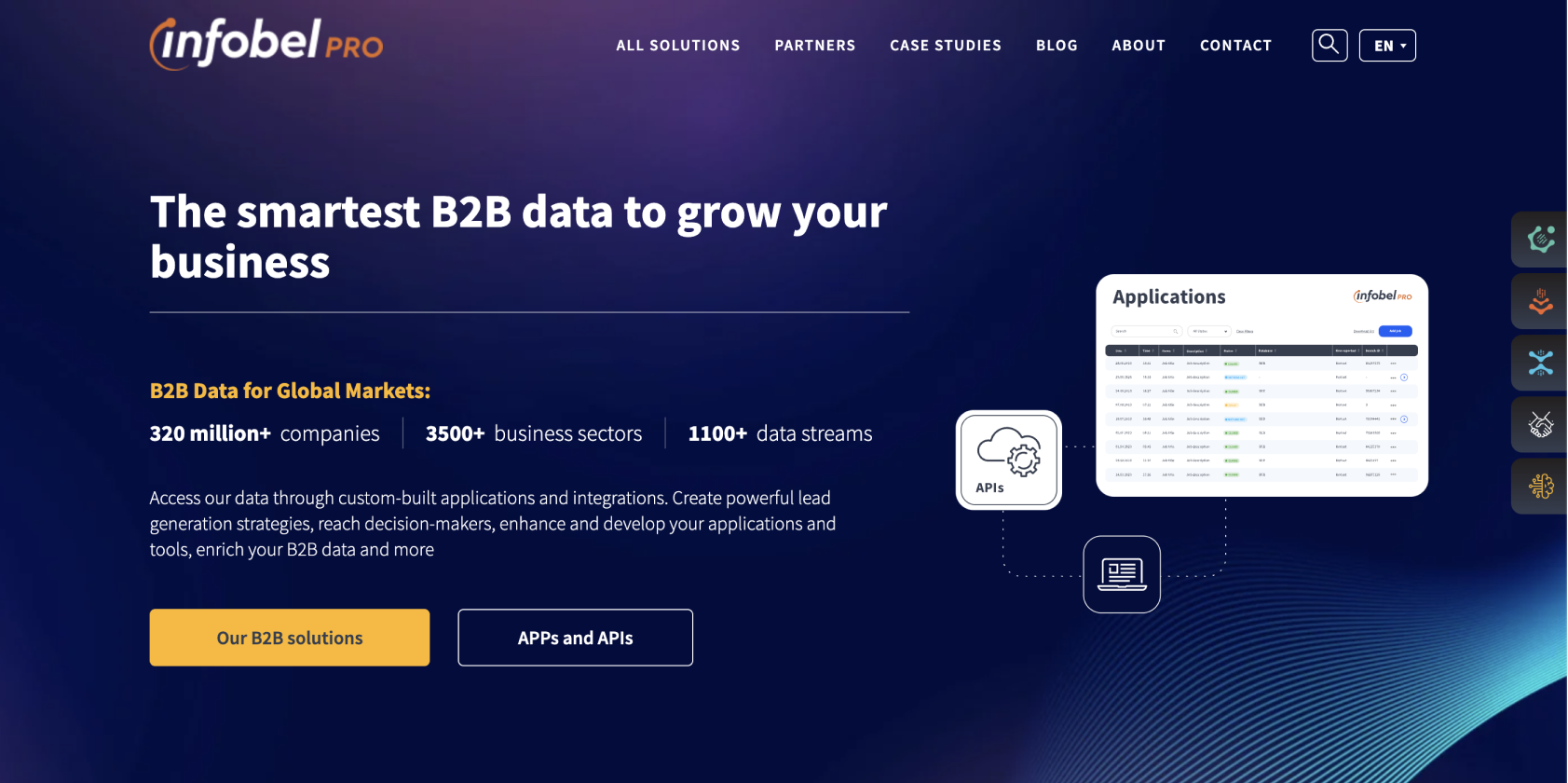
Infobel PRO is a B2B data provider enabling you to create B2B contact lists with high-quality, up-to-date data. Using Infobel PRO's GET solution, you can dive into our database of over 320 million companies in more than 220 countries. You can create targeted lists using over 50 filter criteria to obtain a multitude of contact data such as email addresses, telephone numbers, addresses, executive names or job titles.
1. Customize your target audience.
To make sure you have a relevant contact database, it's important to segment your audience correctly. Here's a list of the filtering criteria you'll have access to:
- Company Location
- Business Sector
- Gross Sales
- Employee Count
- Creation Date
- Executive Tag
- Legal Status
- Language
- Corporate Linkages
2. Select the contact information your need.
To make sure you get in touch with your target, it's important to have several touchpoints. Here are the different contact details available:
- Company Phone and DNCM Phone
- Company Email Address
- Company Social Media
- Office Address
- Website Link
- Executives Names
- Job title
Who are the others B2B list providers?
When it comes to B2B lists providers, there are a lot of companies in the market, each offering unique features and data options. Traditional business directories, both online and offline, remain a valuable resource for companies looking to expand their B2B contact list with verified and categorized entries. It's essential to research and compare providers to find the one that best suits your business needs. Here are some of the well-known B2B list providers:
ZoomInfo
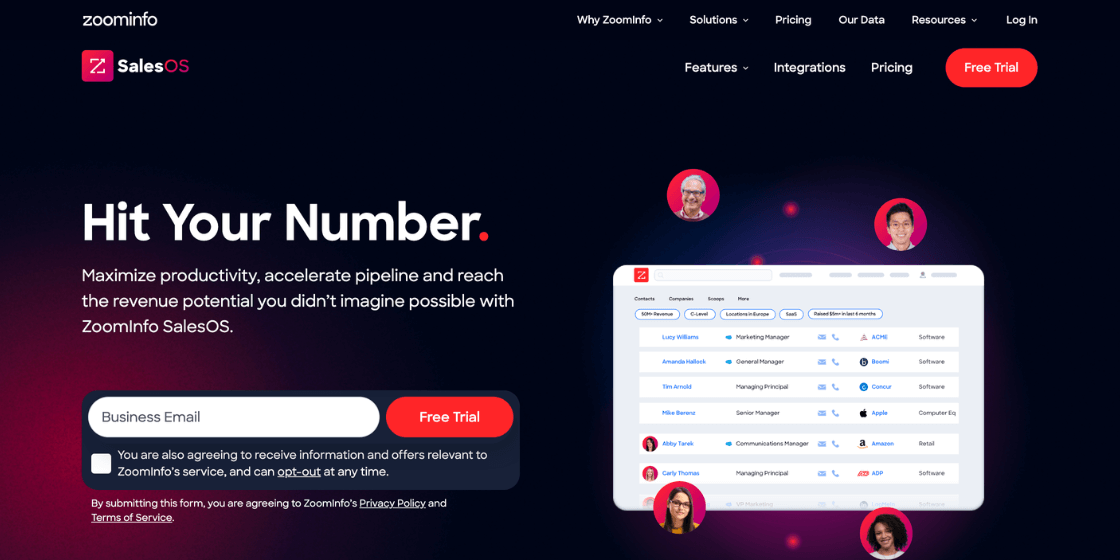
ZoomInfo is a leading B2B data provider known for its extensive database of company and contact information. They offer a wide range of data points, including job titles, company size, revenue, and industry data, making it a valuable resource for targeted outreach.
Dun & Bradstreet (D&B)
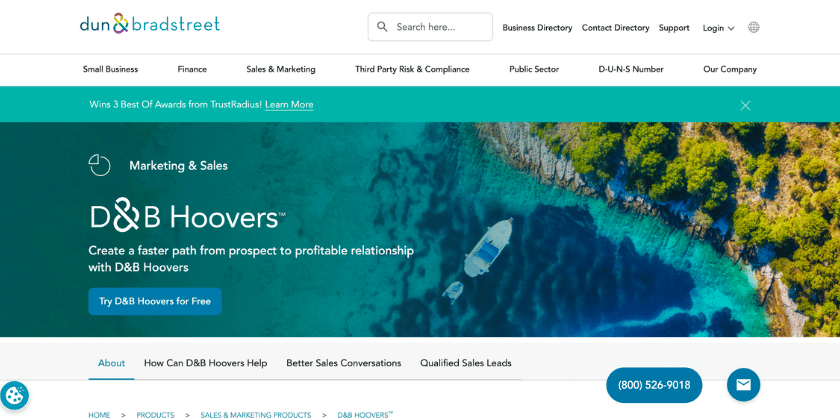
Dun & Bradstreet is a long-standing provider of business data and insights. They offer a wide range of B2B contact data, company profiles, intent data and firmographics, helping businesses with market research and lead generation.
Cognism
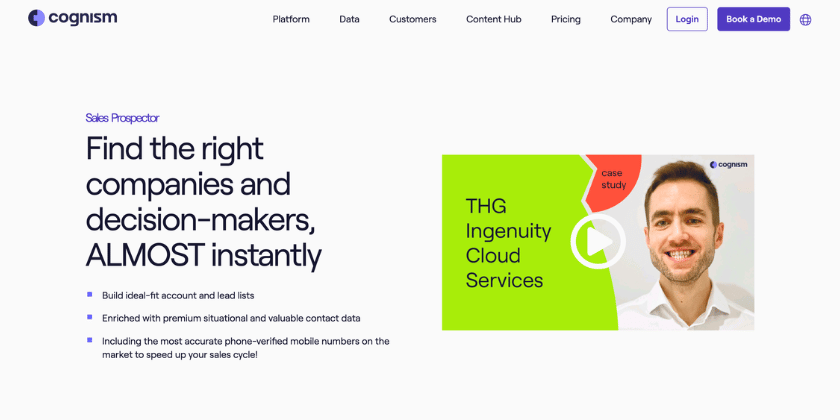
Founded in 2015 in United Kingdom, Cognism is a B2B sales intelligence platform based in London. It offers a Chrome extension for lead capture, email outreach tools for personalized campaigns, a lead scoring system, and analytics to track sales activities.
UpLead
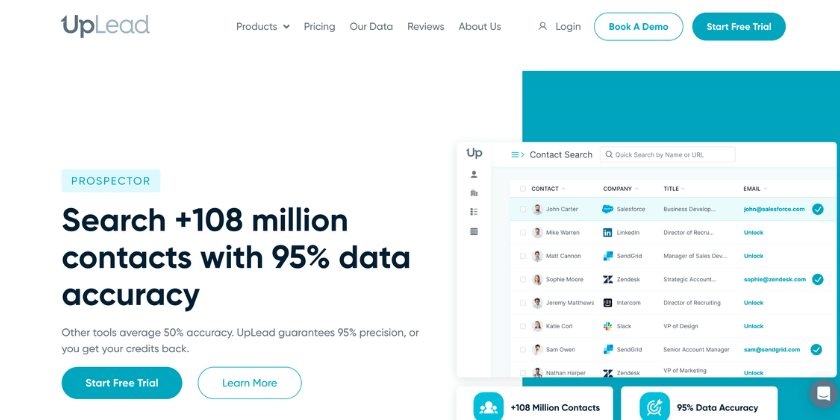
UpLead is a B2B platform for lead generation and sales intelligence. It offers a B2B database with contacts and company data, a Chrome extension to generate leads from websites, email outreach tools for personalized emails, a lead scoring system, and analytics to track lead generation and sales activities.
Kompass
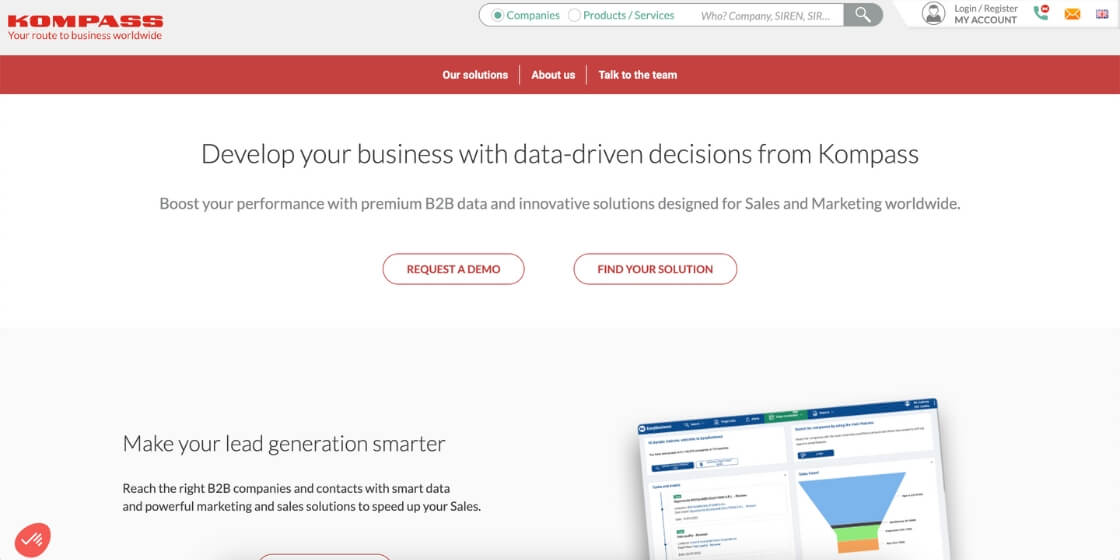
Kompass is a B2B directory and database specializing in connecting companies and facilitating international trade. Kompass provides comprehensive business information, including company profiles, product listings and contact informations, to help companies identify potential partners, suppliers and customers.
Steps to create your contact list manually
Building a successful contact list requires a systematic approach to ensure accuracy, relevance, and efficiency. Follow these steps to create your own contact list:
1. Define Your Ideal Customer Profile (ICP)
Start by clearly defining your ideal customer profile. Identify the industries, company sizes, job roles, and other relevant criteria that align with your target audience. Understanding your ICP will guide your search for the right contacts.
2. Conduct Market Research
Conduct thorough market research to identify potential prospects that match your ICP. Utilize industry reports, competitor analysis, and online resources to gain insights into your target market and key decision-makers.
3. Create Your Contact List
Once you have defined your ideal customer profile and conducted thorough market research to identify potential prospects, it's time to create your B2B contact list. This step involves gathering and compiling all the relevant contact information of the identified prospects.
When reaching out to a lead from your B2B contact list, it's often beneficial to identify other potential contacts within the same company, maximizing your outreach efforts.
Without the help of a B2B data provider, this step can be particularly time-consuming. It involves manually searching for information on prospects' websites and social networks, identifying decision-makers and finding their contact details.
You can also use your website to collect information about website visitors through forms, lead magnets, etc. And use this information in your B2B contact list.
4. Verify and Validate Contact Data
Ensure the accuracy and validity of contact information through data verification and validation. Use data cleansing tools and services to remove duplicate or outdated entries from your contact list.
Benefits of using B2B Contact List
These lists can be used for different purposes depending on your department
For marketing:
- Precise Targeting: Precisely target you ideal audience by segmenting contacts based on industry, job roles, geography, and other criteria.
- Personalized Communication: Tailor your communication to suit the specific needs and interests of your target audience. Personalization fosters stronger connections with prospects, increasing engagement and response rates.
- Efficient Marketing Campaigns: Eliminate guesswork and ensure resources are directed towards the most promising prospects. This efficiency translates into cost savings and higher ROI for marketing efforts.
- Data-Driven Decision Making: Analyzing contact list metrics and engagement rates enables businesses to make data-driven decisions, optimizing their marketing strategies for better results.
For Sales
- Enhanced Lead Generation: Get accurate and up-to-date information to reach decision-makers directly.
- Increased Sales Opportunities: Sales reps can engage with the right people at the right time, leading to more successful conversions and sales.
- Time-Saving and Productivity: Instead of manually searching for leads, sales team can focus on engaging prospects, building relationships, and closing deals.
Effective use of various marketing channels ensures that you're not missing out on any potential contacts that could be added to your B2B contact list.
FOR HUMAN RESOURCES
- Talent Acquisition: Find and connect with potential candidates for job openings, especially for roles in sales, marketing, or technology where industry-specific expertise is crucial.
Best Practices for Building Quality B2B Contact List
Creating a high-quality B2B contact list is essential for effective lead generation and successful marketing campaigns. To build a robust and reliable B2B contact list, follow these best practices:
Leverage Multiple Data Sources
Use multiple data sources to gather contact information. Combine industry-specific databases, trade publications, networking events, and reputable B2B data providers to ensure comprehensive coverage of your target market.
Regularly Cleanse and Update Data
Regularly cleanse your list to remove duplicates, outdated information, and inactive contacts. Update contact details to maintain relevant and accurate data.
Verify Contact Information
Ensure the accuracy of contact information through data verification processes. Use tools and services to validate email addresses, phone numbers, and other data points, reducing bounce rates and improving deliverability.
Comply with Data Privacy Regulations
Adhere to data protection regulations, such as GDPR and CCPA, when collecting and using contact information. Obtain explicit consent for outreach and respect the privacy preferences of your contacts.
Good news : You can make all these tasks easier for yourself by accessing our data. We regularly clean and update our data from over 1100 data streams. Our data is of course validated and certified GDPR and CCPA compliant.
Monitor and Analyze Metrics
It's important monitor and analyze key metrics related to your B2B contact list performance. Track open rates, click-through rates, and conversion rates to assess the effectiveness of your outreach efforts.
FAQs
What are B2B Contact Lists?
B2B contact lists are databases containing essential information like email addresses, phone numbers, and job titles of individuals in various businesses. They are crucial for targeted marketing and sales strategies in the business-to-business sector. These lists help companies directly reach decision-makers in other businesses, facilitating more effective B2B communications.
How Often Should B2B Contact Lists be Updated?
B2B contact lists should be updated regularly, ideally every quarter, to ensure accuracy and relevance. Regular updates help in removing outdated information and adding new contacts, which is essential for maintaining the effectiveness of marketing and sales campaigns. This practice also helps in complying with data privacy laws and reducing bounce rates in email marketing.
How to Find B2B Email Lists?
To find B2B email lists, you can use services from reputable B2B email list providers like Infobel Pro, ZoomInfo, Dun & Bradstreet, or UpLead. These providers offer extensive databases with filtering options for targeted lists. Alternatively, you can build your own list by using lead generation tools, attending industry events, or through networking on professional platforms like LinkedIn.
What are Effective Ways to GeneratE Contact Information?
Generating B2B contact information effectively involves networking at industry events, using online forms and lead magnets on your website, and engaging on professional social media platforms. It’s important to focus on quality leads that align with your target audience for more effective outreach.
Conclusion
A well-defined and accurate B2B contact list is an invaluable asset for successful lead generation and targeted marketing. By understanding your ideal customer profile, leveraging multiple data sources, and implementing personalized outreach strategies, you can maximize the use of your contact list.
Whether you want to buy email lists, telephone lists or any other type of list, it's highly recommended to use a B2B data provider. Get high quality data, updated in real time, and save a lot of time.
Also make sure that the data provider you choose provides verified data, for example, verified email addresses can significantly reduce bounce rates and increase the effectiveness of email marketing campaigns.
Continuous updates, strategic nurturing, and data-driven improvements further enhance its effectiveness. With a strong B2B contact list as the backbone of your marketing efforts, you can navigate the competitive landscape and achieve sustained growth for your business.


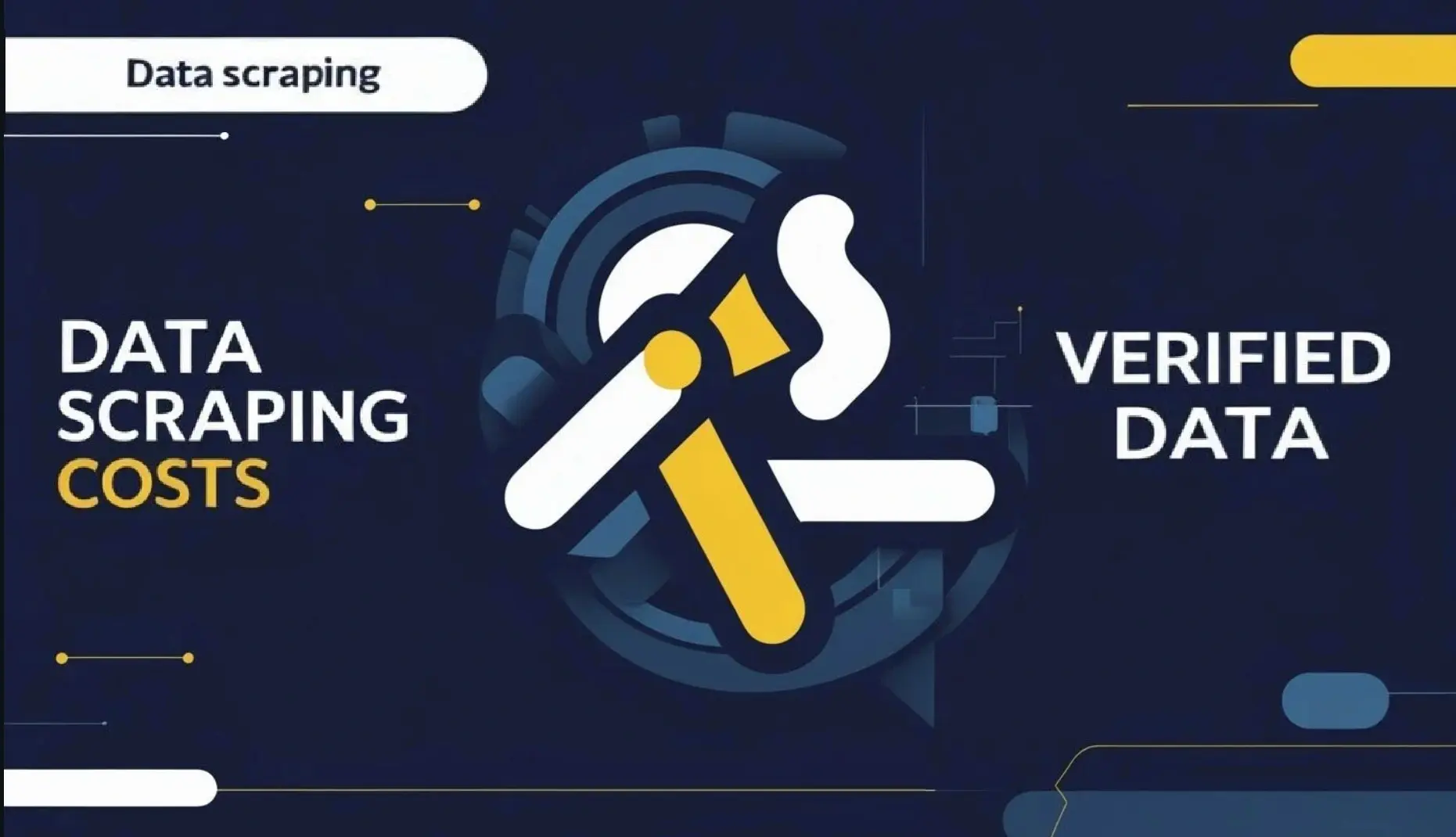
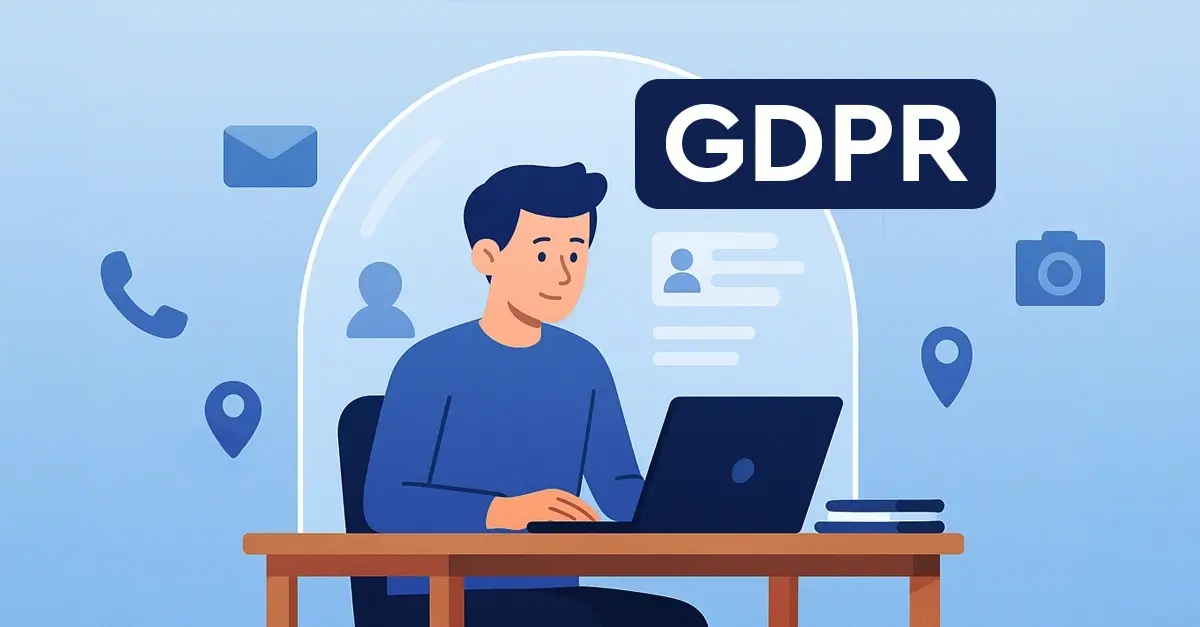
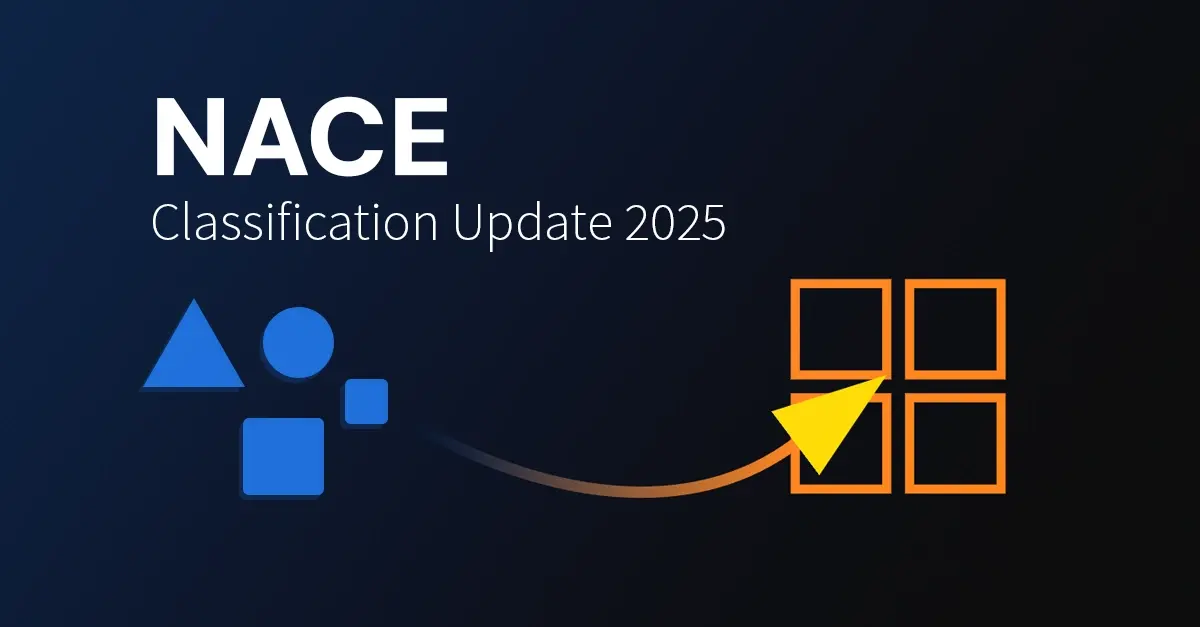
Comments